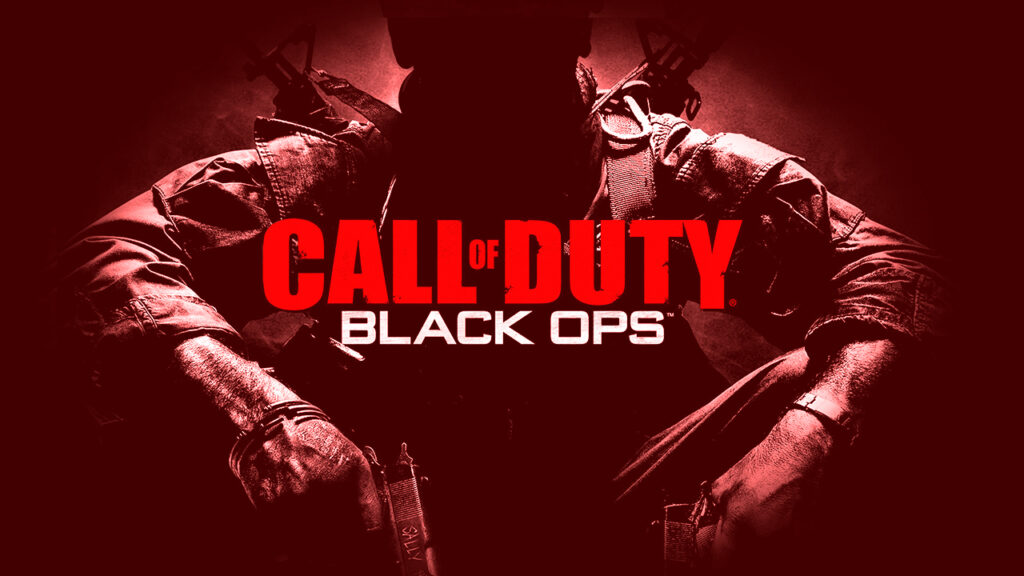Since its launch, the Call of Duty: Black Ops series has become a cultural phenomenon, capturing the imagination of gamers worldwide. With gripping narratives that mix historical events, futuristic warfare, and psychological intrigue, it’s no surprise that the franchise holds a special place in the gaming industry. This in-depth guide unravels the Black Ops timeline, dives into each game’s unique storylines, and highlights its lasting impact on gaming.
Understanding the Black Ops Timeline: An Overview
The Black Ops series spans decades and explores themes of covert operations, global conflict, and cutting-edge warfare. It masterfully weaves real-world events with fictional twists, creating a universe that challenges perceptions of history and reality.
The key games in the Black Ops series include:
- Call of Duty: Black Ops (2010)
- Call of Duty: Black Ops II (2012)
- Call of Duty: Black Ops III (2015)
- Call of Duty: Black Ops 4 (2018)
- Call of Duty: Black Ops Cold War (2020)
While some games serve as direct sequels, others leap between time periods or explore alternate realities. Let’s take a closer look at each title and its place in the timeline.
1. Call of Duty: Black Ops (2010) – Cold War Chaos and Psychological Warfare
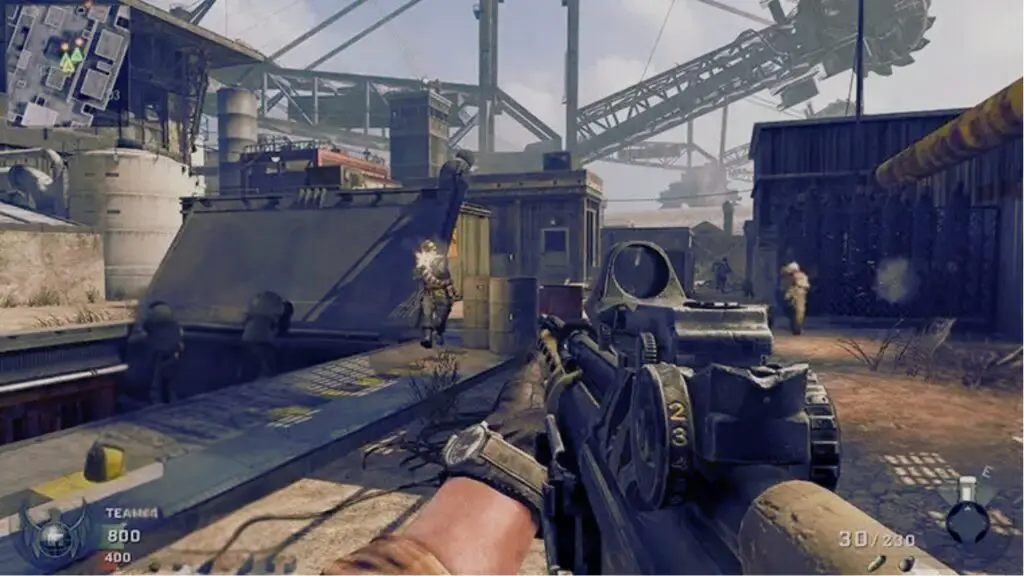

Black Ops introduces players to the Cold War era—a time of intense espionage, covert missions, and psychological manipulation. The story primarily follows CIA operative Alex Mason, who becomes embroiled in a mind control program and a conspiracy surrounding “Numbers Stations” used to control sleeper agents.
Key Themes and Story Elements:
- Mind Control Experiments: Inspired by real-life MKUltra projects, Mason’s fragmented memories reflect the paranoia and ethical quandaries of the Cold War.
- Historical Connections: The inclusion of historical figures like John F. Kennedy and events like the Bay of Pigs invasion grounds the story in reality while maintaining a fictional edge.
- Unforgettable Characters: Viktor Reznov, Mason’s supposed ally, adds layers of mystery. Players are left questioning whether Reznov was real or a figment of Mason’s altered mind.
Fan Theories:
One popular theory suggests that Mason’s hallucinations symbolize the manipulation of soldiers by governments. Others speculate that Reznov’s presence is a metaphor for guilt and vengeance.
2. Call of Duty: Black Ops II (2012) – The Rise of Futuristic Warfare
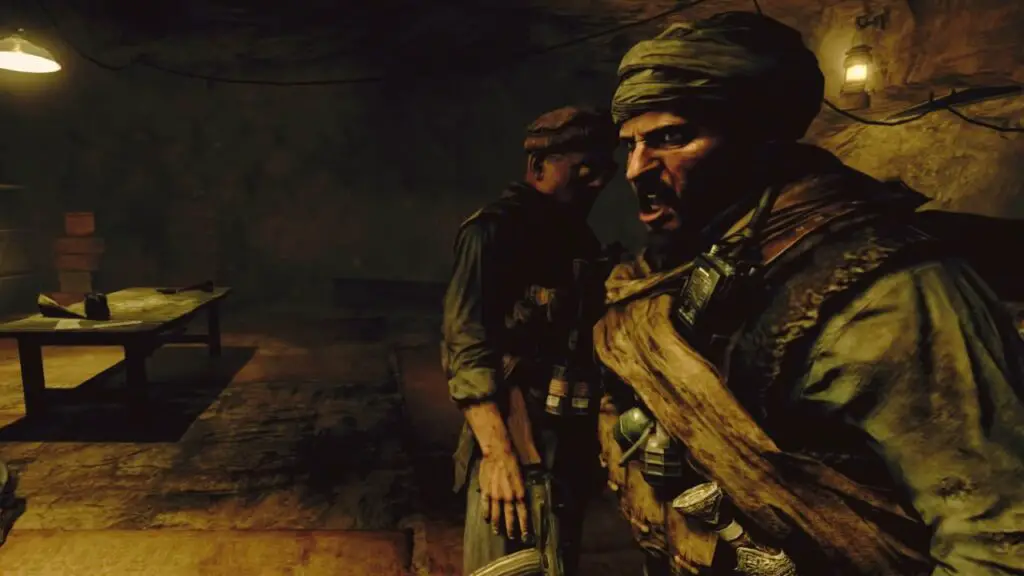

Black Ops II shifts between two timelines: the Cold War of the 1980s and the near-future world of 2025. This dual narrative explores the rise of Raul Menendez, a revolutionary turned cyberterrorist who sparks a global conflict through advanced technology.
Key Innovations:
- Branching Storylines: For the first time in the franchise, players’ decisions influence the game’s outcome, creating multiple possible endings.
- Advanced Technology: From drones to cybernetic enhancements, the game reflects real-world concerns about the increasing role of technology in warfare.
- Complex Antagonist: Raul Menendez is one of the series’ most compelling villains. His tragic backstory and calculated actions blur the line between hero and villain, leaving players questioning the morality of U.S. intervention.
Fun Fact:
Menendez’s mask in the game features hidden binary codes referencing historical events, showcasing the developers’ attention to detail.
3. Call of Duty: Black Ops III (2015) – Cybernetic Soldiers and AI Warfare


Set in 2065, Black Ops III takes the series into a future where soldiers are enhanced with cybernetics, and artificial intelligence plays a pivotal role in warfare. This entry delves into themes of transhumanism and the ethical dilemmas posed by advanced technology.
Themes and Philosophical Questions:
- Transhumanism: The game explores what it means to be human in an age where soldiers can be augmented and controlled like machines.
- AI and Autonomy: Players confront the consequences of relying on AI in warfare. Can humanity maintain control over a technology-driven battlefield?
- Narrative Complexity: The multi-layered story leaves room for interpretation. Some players theorize that the events of the game may be a simulation, further emphasizing the series’ psychological elements.
Player Experience:
The futuristic setting introduced innovative gameplay mechanics, such as wall-running and cybernetic abilities, while also challenging players to reflect on real-world technological advancements.
4. Call of Duty: Black Ops 4 (2018) – A Multiplayer Revolution
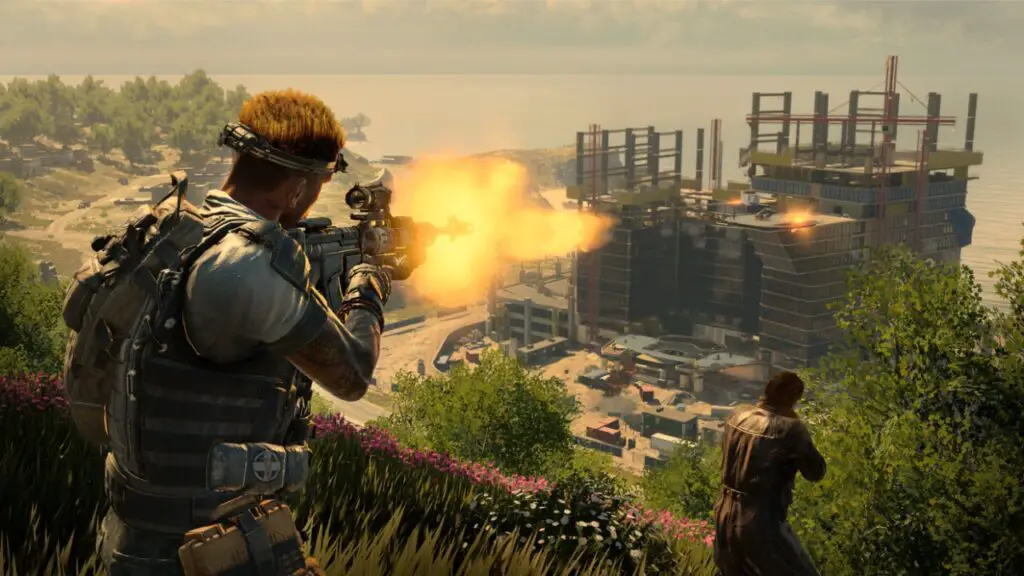

Unlike its predecessors, Black Ops 4 forgoes a traditional single-player campaign. Instead, it focuses on multiplayer modes, battle royale gameplay, and the ever-popular Zombies mode.
Key Features:
- Specialist Characters: Each multiplayer character has a unique backstory and abilities, adding narrative depth to the competitive modes.
- Zombies Lore: The game’s Zombies mode expands on the Aether storyline, introducing alternate dimensions and time travel.
- Battle Royale Innovation: Blackout, the franchise’s first battle royale mode, integrates iconic Black Ops locations and characters into a massive, interactive map.
Narrative Connections:
While it doesn’t advance the core storyline, Black Ops 4 enriches the Black Ops universe through character-driven subplots and deep lore in its Zombies mode.
5. Call of Duty: Black Ops Cold War (2020) – A Return to Espionage
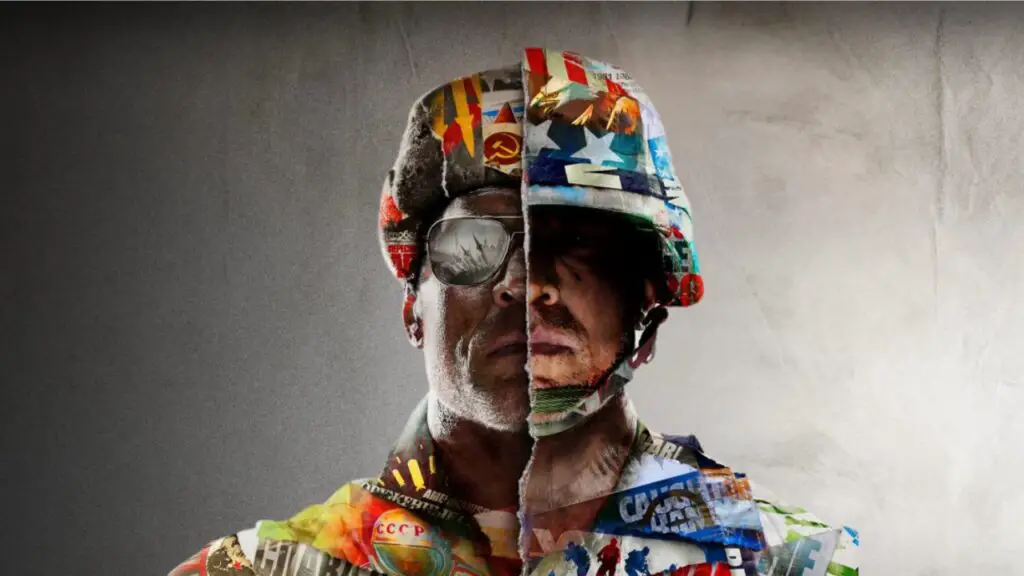

Black Ops Cold War revisits the original Cold War setting, immersing players in the shadowy world of espionage. Taking place in the early 1980s, players assume the role of “Bell,” a sleeper agent involved in a global conspiracy.
Highlights:
- Real-World Events: The storyline integrates historical tensions between the U.S. and Soviet Union, adding authenticity.
- Multiple Endings: Players’ decisions throughout the campaign determine the outcome, encouraging replayability.
- Connections to the Series: Easter eggs and subtle references tie Cold War to earlier Black Ops games, hinting at a larger interconnected narrative.
Fan-Favorite Elements:
One of the most intriguing aspects of the game is its exploration of memory manipulation and identity—themes central to the series.
The Impact of Black Ops on Gaming
The Black Ops series has left an indelible mark on the gaming industry. Here’s how it stands out:
1. Storytelling Innovation
The franchise’s blend of real-world history and fictional narratives has set a new standard for storytelling in first-person shooters. Its psychological depth, branching storylines, and morally ambiguous characters keep players engaged and thinking long after the credits roll.
2. Gameplay Evolution
From traditional boots-on-the-ground combat to futuristic enhancements, Black Ops has continually pushed the boundaries of gameplay mechanics. Features like wall-running, cybernetic abilities, and interactive environments have redefined the genre.
3. Multiplayer Excellence
The series revolutionized multiplayer gaming with modes that cater to casual players and competitive enthusiasts alike. Specialist characters, battle royale maps, and innovative Zombies campaigns have solidified Black Ops as a multiplayer powerhouse.
4. Cultural Significance
Beyond gaming, Black Ops has influenced popular culture. Its memorable quotes, characters, and themes have inspired fan theories, memes, and discussions, cementing its place in entertainment history.
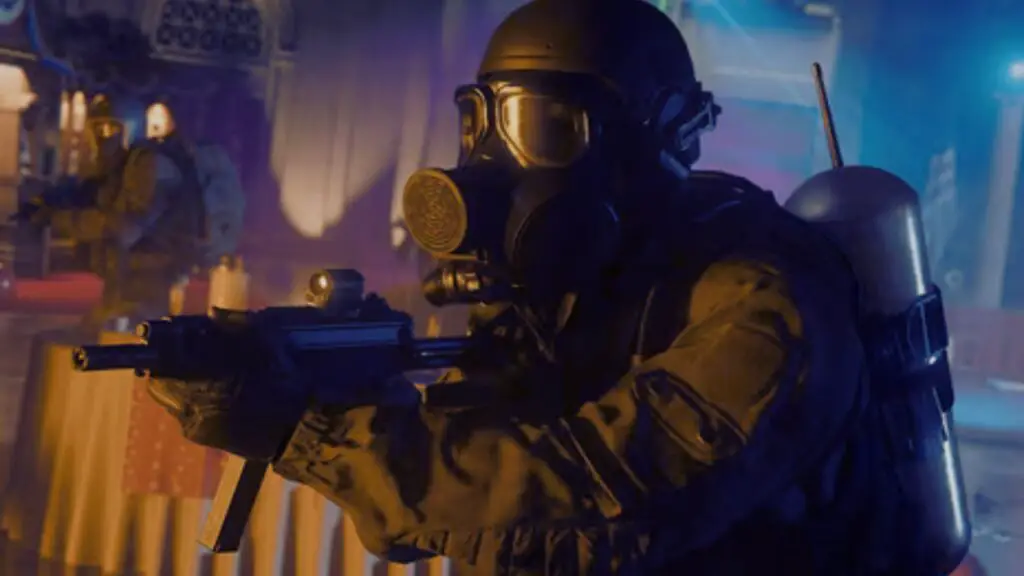

What’s Next for Black Ops?
As fans speculate about the future, one question remains: what’s next for the Black Ops series? With its history of innovation, the franchise is poised to explore even deeper themes, whether through advanced technology, alternate realities, or untold stories from history.
Will we see a return to Cold War intrigue? Or will the series dive further into the ethical dilemmas of AI and transhumanism? Whatever direction it takes, fans can rest assured that Black Ops will continue to challenge perceptions and redefine gaming.
Join the Conversation
What’s your favorite Black Ops game? Which storyline or character resonated most with you? Share your thoughts in the comments below, and don’t forget to stay tuned for the latest Call of Duty updates.
Whether you’re a longtime fan or new to the series, the Black Ops timeline offers something for everyone. With its rich storytelling, innovative gameplay, and thought-provoking themes, it’s no wonder the franchise remains a titan in the gaming world.
#CallOfDuty #BlackOps #GamingTimeline #BlackOpsStoryline #CODHistory #VideoGames #GamingCommunity #FPSGames #BlackOpsLore #GamerLife #CallOfDutyBlackOps #GameDevelopment


